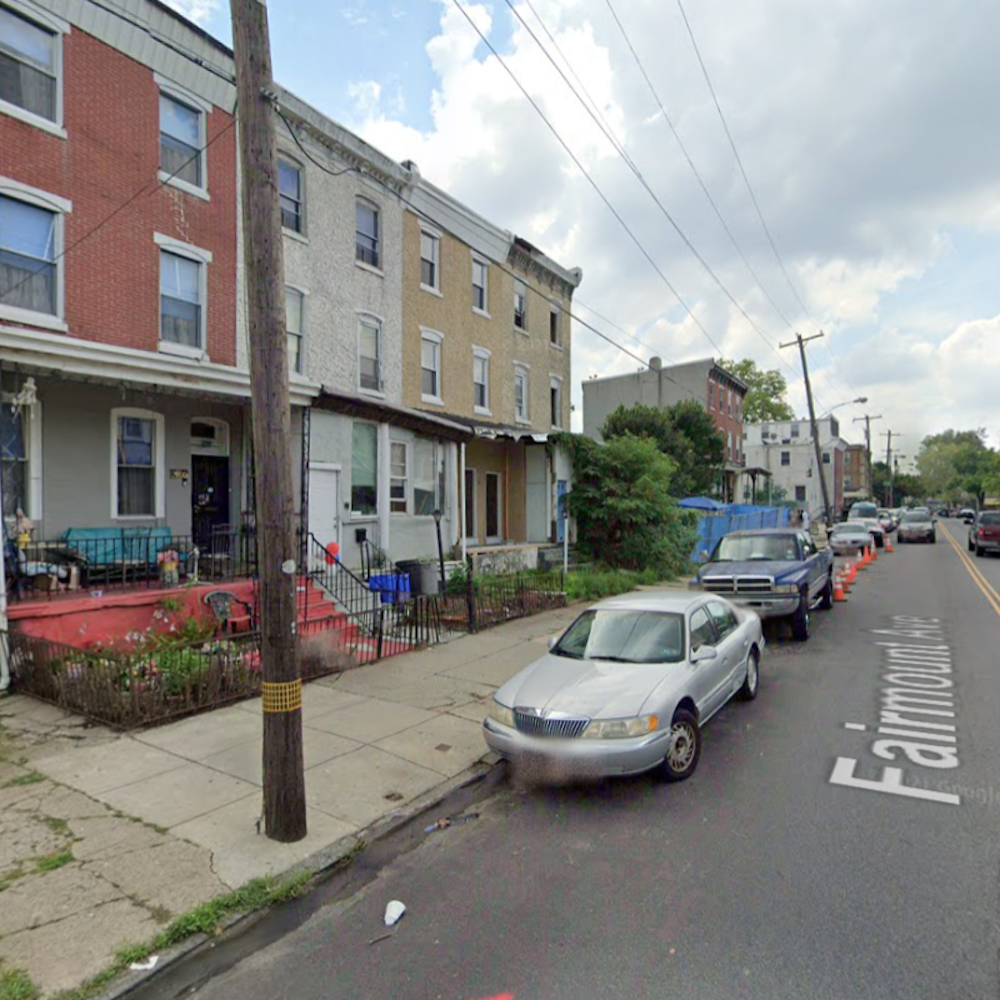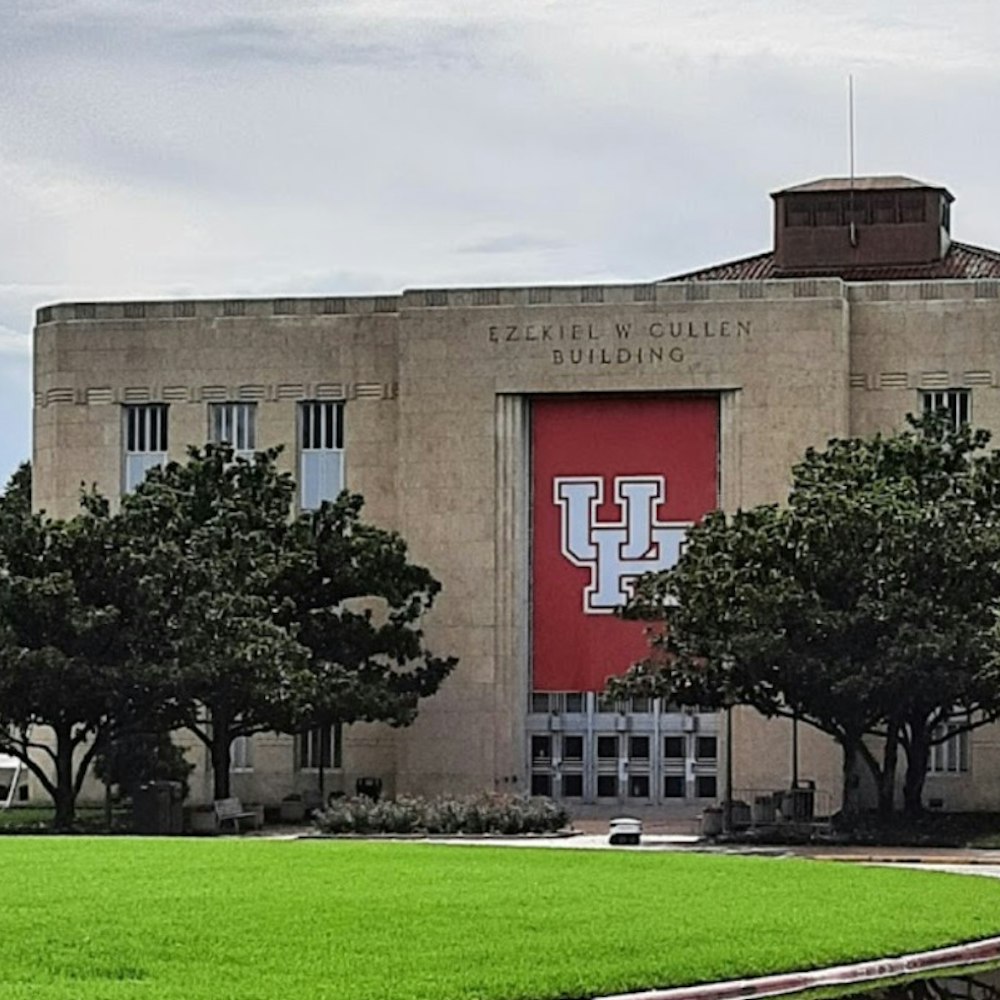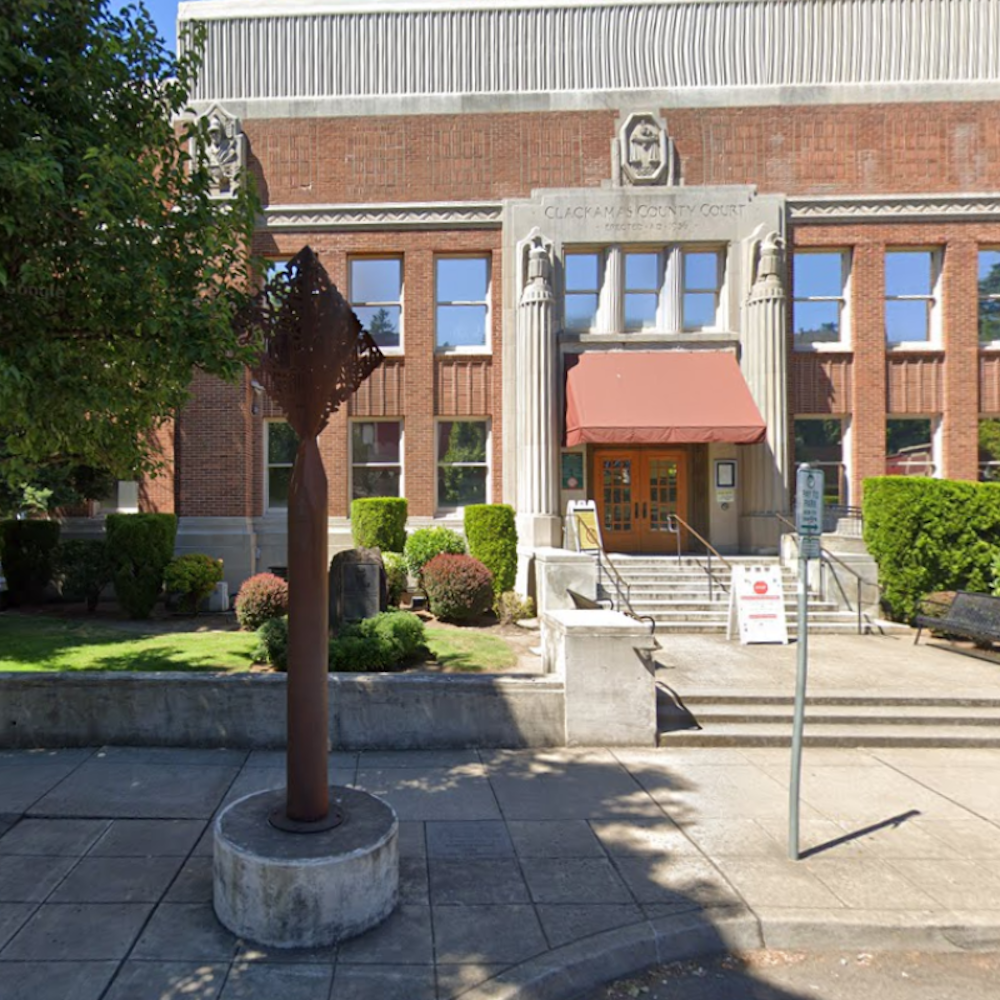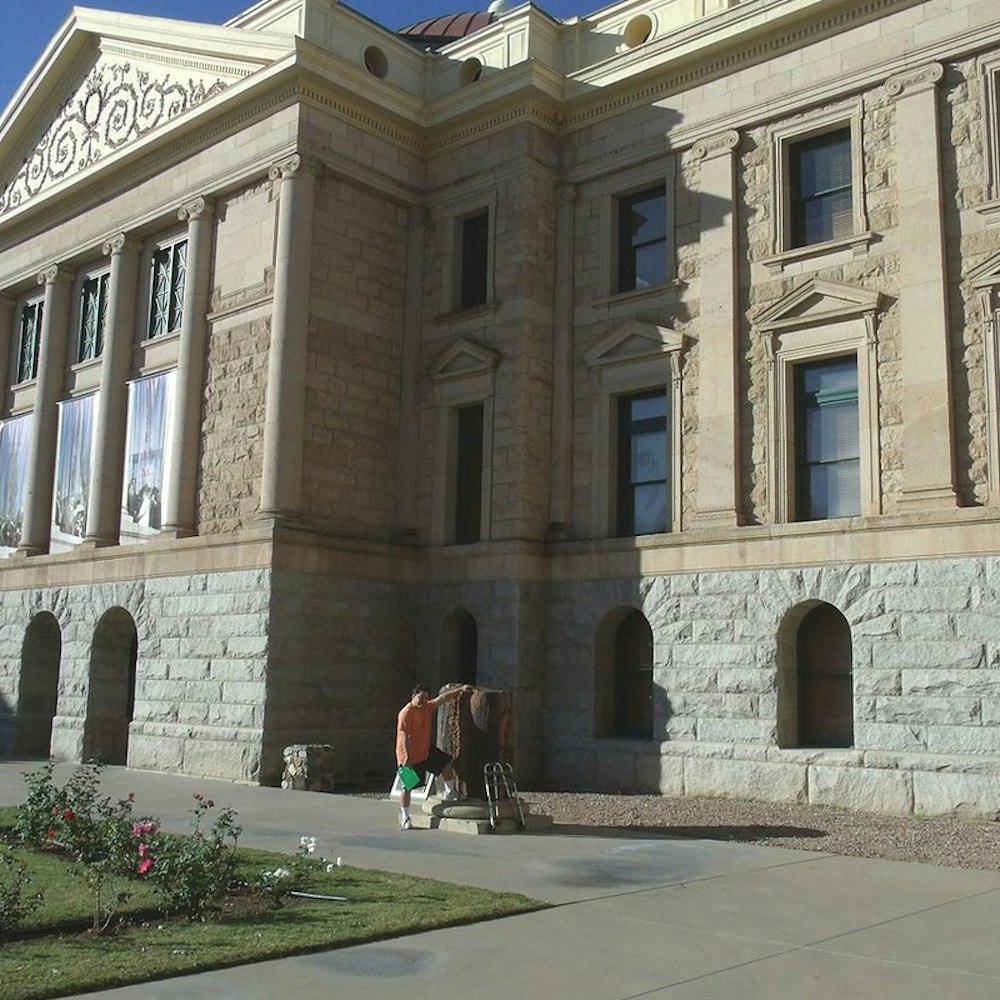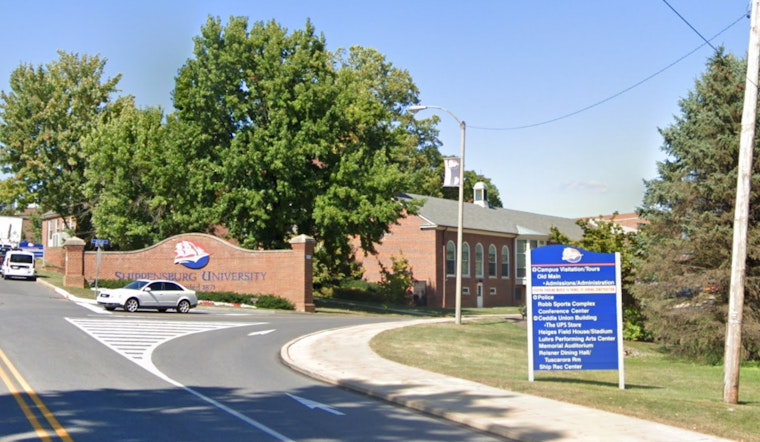
In a move to curb the growing teacher shortage within the Keystone State, PA's Governor Josh Shapiro has hammered out a hefty funding blueprint for higher education aimed at keeping more graduates in Pennsylvania, as Dr. Khalid N. Mumin, Secretary of Education, swung by Shippensburg University to spotlight these plans, according to an official press release from the Pennsylvania Department of Education.
Sounding the alarm on the critical educator workforce shortage, Secretary Mumin underscored the pivotal part future educators from Shippensburg play in Pennsylvania's trajectory, as Shapiro's administration gears up to inject a robust investment in higher ed—a sector that has faced disinvestment over the years, the blueprint targets affordability to pull in more students to universities and fill the gaping 5,500 teacher vacancies across the state which is a sharp contrast to the days when Pennsylvania certified nearly 20,000 new teachers annually a decade ago.
"I am thrilled to be visiting Shippensburg University today, my alma mater, to highlight the Shapiro Administration’s dedication to improving postsecondary education, and how we can create more affordable career opportunities for Pennsylvania’s alumni right here in the Commonwealth," Mumin told the Pennsylvania Department of Education. The governor's 2024-25 budget proposal slates a 15 percent funding increase compared to the previous year, totalizing at $975 million for community colleges and the Pennsylvania State System of Higher Education (PASSHE) universities to form this more cohesive new system.
Another cornerstone of Shapiro’s blueprint is the Student Teacher Support Program, a substantial pool of $15 million to assist student teachers by affording them a stipend of up to $15,000, which will help stem the tide of individuals leaving the teaching field due to financial constraints, it's a daring strategy to tackle a problem that could otherwise cripple Pennsylvania's educational framework, a problem that has seen a precipitous drop in certification numbers from 20,000 to just over 5,000 in ten years according to the same press release.
The flagship initiative includes a cap where no student making up to the median income will shell out more than $1,000 in tuition and fees per semester at PASSHE institutions and community colleges. This effort is paired with an increase in PHEAA state grants by $1,000 for those eligible. Dr. Charles E. Patterson, Shippensburg’s University President, lauded Secretary Mumin’s visit and outlined the university’s role as an "engine of innovation, education, talent cultivation, and workforce training that is essential for advancing the socioeconomic landscape of our communities in the Commonwealth." as he told the Pennsylvania Department of Education.
Shippensburg University also bolstered its commitment to teacher preparation through its unique on-campus public elementary lab school, the Grace B. Luhrs University Elementary School (GBLUES)—the only one of its kind in PA, offering a real-world teaching playground for future educators. By integrating these hands-on experiences for students in various majors, the institution primes a new generation of leaders for the classrooms of Pennsylvania.

